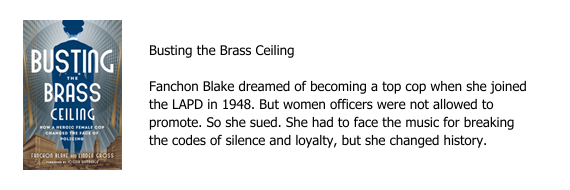I talk a lot about what I call story showing. Letting readers experience what you’re writing about rather than just telling them about it is clearly the best way to communicate, an insight I share liberally. “Show don’t tell,” I say again and again in as many ways as I can come up with. Still, that doesn’t come naturally to a lot of writers. So, when I read the opening of Matthew McConaughey’s piece in the June/July 2021 issue of AARP The Magazine called “How to Just Keep Livin’” I was hooked, and I had to share.
Though I love ’em, facts only go from the neck up. Storytelling is the best way to communicate. We’re raised on stories and folklore. I can tell my children, “You shouldn’t do that because of this,” but I have a better chance if I tell a story about the boy who touched fire or tried to put his fork in the electrical socket. If you dramatize the facts, we listen and remember more. And if you weave facts into a personal story, a parable, and make associations, they become like music.
“Matthew McConaughey Is on a Mission to Heal America” by Natasha Stoynoff, AARP The Magazine, June/July 2021.
We all hear information in our own time and in our own way. There’s no way of knowing which words will make a message resonate or when we’ll suddenly understand how to apply them to our own work. And there’s sure no way of knowing who the messenger will be.
To say that I was surprised by McConaughey’s insights and his take on what I’ve been telling people for years would be an understatement. I didn’t even know he had written a memoir until Greenlights became a bestseller. But I love the notion that when all the elements of storytelling—or story showing as I would say—come together, including finding the rhythm of the narrative, as McConaughey points out, they make music.
Here’s hoping that his take on the best way to communicate helps you figure out how to incorporate story-showing into your writing.




















0 Comments